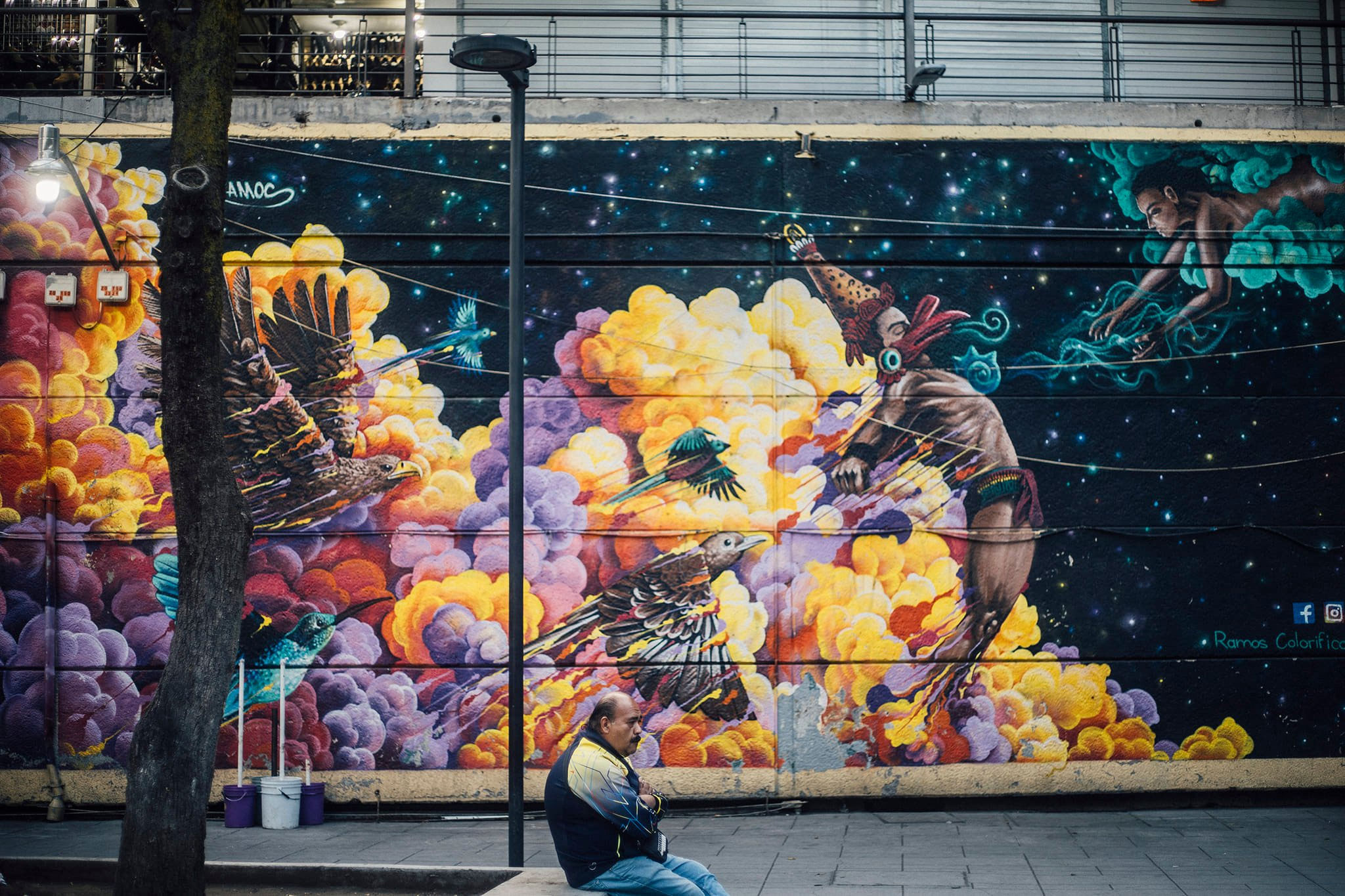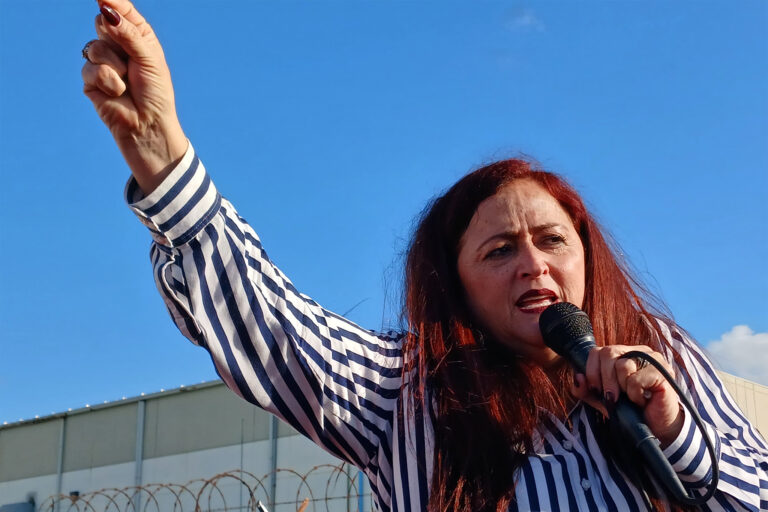Mexico City Government Consultations on Gentrification Begin
This article originally appeared in the July 22, 2025 edition of Chilango.
Consultation forums and discussion tables on first part of the Mexico City government’s strategy to combat gentrification will begin this week, announced head of government Clara Brugada.
She explained that citizen meetings and work spaces will be held with various sectors, including tenants, landlords, local merchants, cultural groups, real estate developers, urban planners, specialists, and the general public.
The goal, she said, is to collectively build fair, effective, and sustainable solutions that respond to the realities of each territory to address the phenomenon of gentrification in Mexico City.
“The City Government will use all its powers—legal, administrative, and planning—to ensure that the fight against gentrification is achieved and the 14 points we proposed become a reality. Furthermore, we will promote regulatory and legislative reforms to achieve this,” Brugada stated.

Forums on gentrification will begin on Friday, July 25th at the Museum of Mexico City. That same day, measures to simplify housing access procedures will be presented. Forums will be held throughout various areas of Mexico City until August 31, reported Alejandro Encinas, Secretary of Planning, Territorial Development, and Metropolitan Coordination.
Between July 28 and August 9, territorial dialogues will be held in Mexico City neighborhoods such as Condesa, Hipódromo, Roma Norte, Roma Sur, Juárez, Escandón, Doctores, and San Miguel Chapultepec.
Public spaces such as the Plaza of the Three Cultures (Tlatelolco), the Plaza of the Composers, Mexico Park, Spain Park, the Ramón López Velarde Garden, and the Zona Rosa, among others, are also being considered. These spaces will be key to designing the Master Plan for the area in question.
Sectoral & Thematic Dialogues
The second block of activities includes sectoral dialogues, which will take place from August 1 to 29 and will address topics with the following sectors:
- Young people (and priority populations) affected in their right to housing by real estate speculation
- Local urban groups (residents)
- Groups of displaced persons
- Landlords
- Artistic and cultural groups
- Urban movements
- Real estate developers
- Hosts of short-term rental housing platforms
- Local merchants and entrepreneurs
The third block will be thematic forums, from August 11 to 29. These will cover topics such as:
- Gentrification phenomenon: causes, expressions and consequences (cross-cutting across
all forums) - Fair, Reasonable, and Affordable Rents Act
- Defense of tenant rights
- Real Estate Tension Zones (ZTI)
- Land production and affordable housing in ZTI
- Home improvement in ZTI
- Rental price regulation in ZTI: Reasonable Rental Price Index
- Short-term rentals, local hosts, and global platforms
- Promoting the economy and small local businesses in ZTI
- Local roots: identity, memory, culture and community life
- Land and Housing Observatory of Mexico City
Fair Rent Law to be Introduced
In parallel with these forums, a proposed Fair, Reasonable, and Affordable Rents Act will be presented in August . This legislation will include the proposed Reasonable Rental Price Index, the proposed regulation and enforcement of short-stay accommodation platforms, and the proposal from the Tenant Ombudsman’s Office.
Furthermore, by late September or early October—once the forums are concluded—the Master Development Plan for areas experiencing “real estate stress” will be presented.
The head of government also announced that she will present a plan to rescue small businesses, with the goal of strengthening the local economy and protecting local businesses from the pressure of the real estate market.
-
Workers Party Claims Sheinbaum Electoral Reform Will Eliminate Party System
The socialist party’s leader recalled the democratic spaces that the left managed to conquer with the 1977 & 1996 reforms, a “fruit of countless struggles, repressions, imprisonments, disappearances and even armed uprisings.”
-
Anti-FIFA Challenge: Football Defends the Territory
Mexico City residents are organizing Anti-World Cup Days to protest water theft and gentrification that have accompanied preparations for the World Cup, put on by the corrupt, international criminal consortium known as FIFA.
-
Tridonex Strike in Matamoros to Start March 6th
1,300 workers are expected to strike, demanding the company fulfill its obligation to pay workers in full. Tridonex is owned by First Brands, the US autoparts corporation accused of massive fraud.




